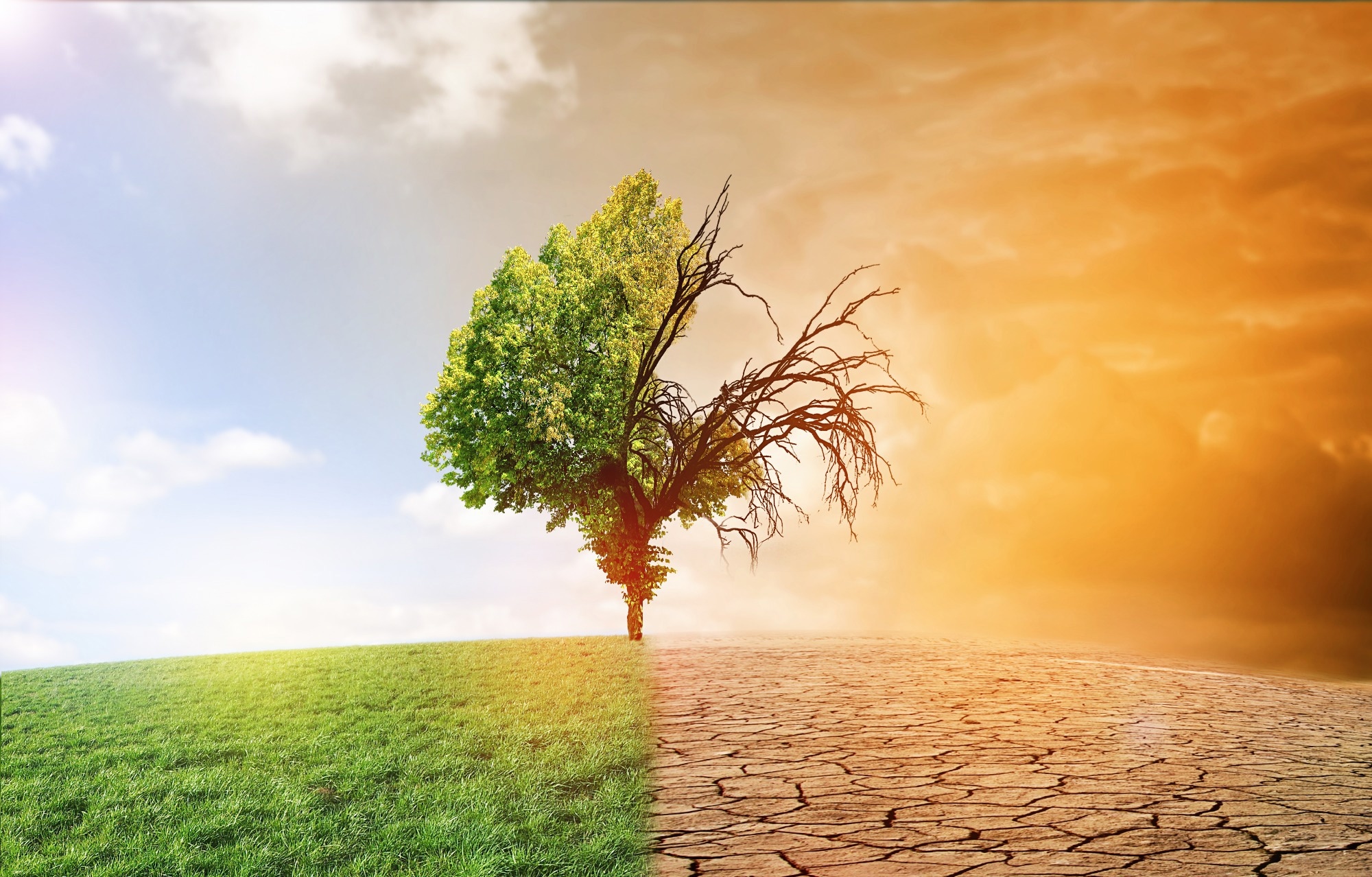To this end, the World Health Organization (WHO) was asked to declare that the indivisible climate and nature crisis is a global health emergency before the 77th World Health Assembly in Geneva, Switzerland, in May 2024.
Only by considering climate and biodiversity as parts of the same complex problem… can solutions be developed that avoid maladaptation and maximize the beneficial outcomes.”
 Study: Time to treat the climate and nature crisis as one indivisible global health emergency. Image Credit: Sepp photography / Shutterstock.com
Study: Time to treat the climate and nature crisis as one indivisible global health emergency. Image Credit: Sepp photography / Shutterstock.com
Climate crises fuel further biodiversity loss
The concept of planetary health acknowledges that the natural world comprises an interdependent system of unimaginable complexity. Damaging one aspect of this system can potentially destroy another.
As global temperatures rise, the frequency of wildfires also increases, thereby devastating plant life, which leads to lower carbon sequestration, higher rates of soil erosion, and increased global warming. Due to the extensive consequences of these feedback loops, climate change will likely contribute more to biodiversity loss than deforestation or other forms of land-use change.
Given the opportunity, natural systems are remarkably resilient. This is exemplified by the role of marine phytoplankton as carbon sinks and the rapid rate at which vegetation regenerates on deforested land. Indigenous practices for natural resource management have often been sustainable and promoted regeneration and restoration while being historically unrecognized by immigrant populations.
This points to the challenges of restoring ecosystems. More specifically, actions to protect one system could help another, such as when soil replenishment increases carbon storage capacity or act to its detriment, such as when non-native tree species capture carbon but destroy native forests.
Environmental crisis threatens human health
Both the climate emergency and biodiversity crisis harm human health. Environmental degradation is disrupting economic and social systems and deepening poverty around the world. Even if global warming can be limited to 1.5 °C above pre-industrial levels, the impacts could still be cataclysmic.
Shortages of water, food, land, and shelter are increasing conflict and migration. Public health has also been affected by the spread of disease vectors, increased air pollution, unprecedented global temperatures, and extreme weather events.
The prevalence of water-borne diseases is rising as pollution damages water quality and renders many water sources unsafe to use. Environmental pollution and wildlife declines also threaten food security, as many communities depend on wild species of plants and fish for their nutrition.
As the coronavirus disease 2019 (COVID-19) pandemic demonstrated, increasing human population pressure, urbanization, and shrinking habitats for wild animals have increased the probability of pathogen spillovers, new diseases, and pandemics. Concurrently, the burden of allergic, metabolic, neuropsychiatric, autoimmune, noncommunicable, and inflammatory diseases is also rising.
Meanwhile, as the earth’s biodiversity is depleted, the likelihood of discovering potentially lifesaving medicines that could be developed from undiscovered species also declines.
These impacts are not experienced equally. Rather, the most vulnerable communities often experience the brunt of the consequences of climate change and biodiversity loss, while the most privileged are protected. While inequality has fuelled the environmental crisis, climate change also deepens existing social, economic, and health inequities.
Twin challenges must be addressed through joint efforts
Despite the interlinked nature of the climate crisis and biodiversity loss, global initiatives to alleviate these issues have been largely separate. In fact, the research communities attending the Conferences of the Parties (COP) on climate change are distinct from those contributing to the COP on biodiversity. However, there is increasing recognition that only by coming together can these immense problems be addressed.
"Without nature, we have nothing.”
The 28th COP on climate change will be held in Dubai in 2024, while the 16th Biodiversity COP will soon take place in Turkey. COPs have the potential to address pressing global issues; however, many previous commitments made at these meetings have not been fulfilled. As promises remain unkept, ecosystems are pushed further towards ‘tipping points’ after which they can no longer function.
By bringing together efforts to address biodiversity loss and climate change, the authors hope that the processes of the COP can be harmonized and integrated. Before that, political leaders and citizens of the world must recognize that the environmental crisis is also a global health emergency.
Journal reference:
- Abbasi, K., Ali, P., Barbour, V., et al. (2024). Time to treat the climate and nature crisis as one indivisible global health emergency. BMC Public Health. doi:10.1186/s12889-023-17225-y